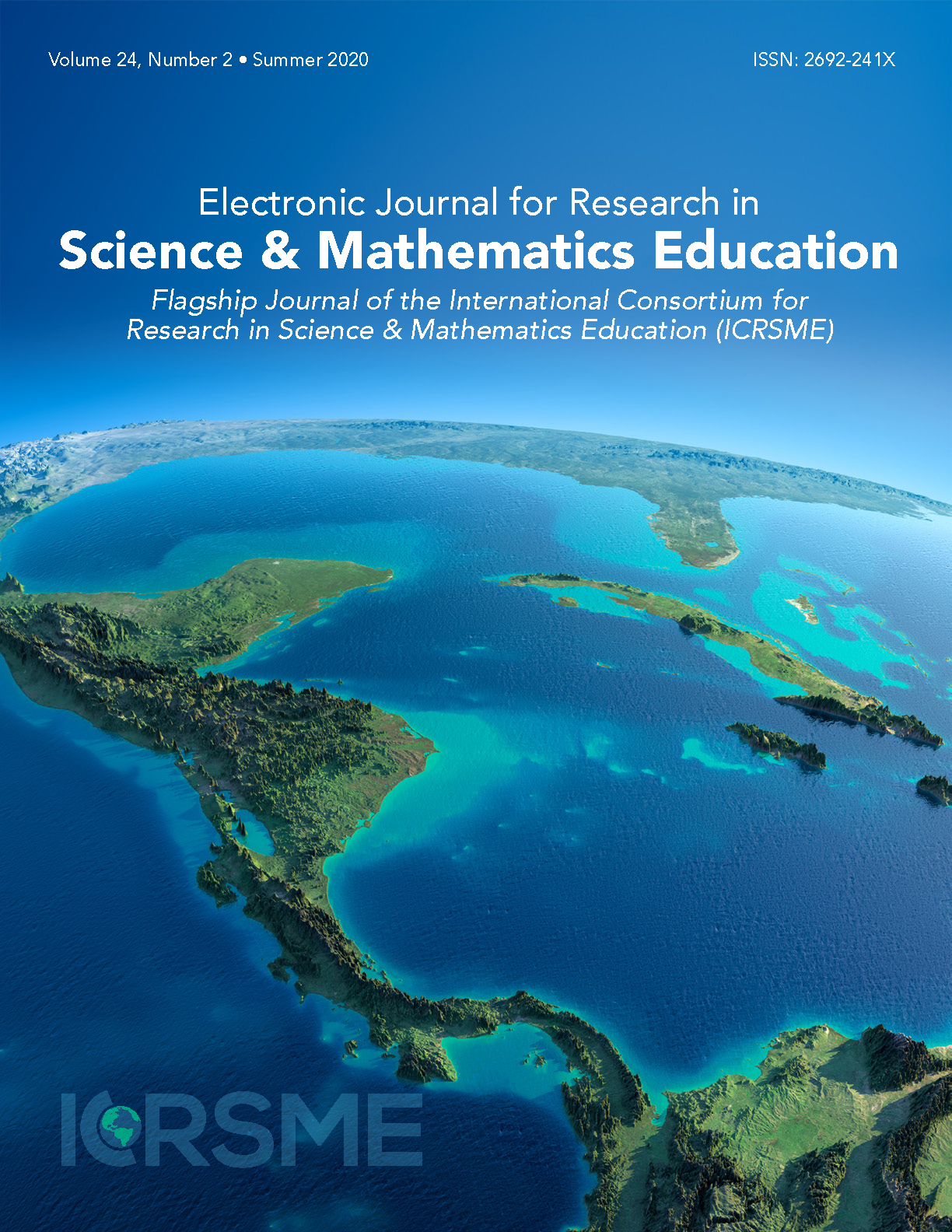Designing for Ethical Reasoning in Mathematics [and STEM] Education
Main Article Content
Abstract
Several mathematicians, social scientists, and psychologists have written about the role that mathematics has played in disenfranchising traditionally marginalized groups. Mathematics educators who are concerned with equity and inclusion have been calling for mathematics curricula that place social justice at the center of mathematics teaching and learning. Existing studies typically focus on using local community contexts to engage students in using mathematics to “read and re-write” their world. Few studies have investigated the role of ethics in the mathematics classroom or how students might develop a morally grounded mathematical disposition. This article begins with a discussion of the ethical considerations that emerged during a Classroom Design Research study of 7th grade students’ integrated STEM reasoning. These unexpected findings serve as the inspiration for the succeeding literature review on students’ perceptions of mathematics as useful, the potential dangers of mathematical (STEM) illiteracy for society, and the current role of ethics in mathematics (and STEM) classrooms. Finally, it introduces Critical STEM Consciousness as a new and essential construct in mathematics [STEM] education. Recommendations for praxis and research aimed at promoting Critical STEM Consciousness are provided.
Article Details
© 2025 Electronic Journal for Research in Science & Mathematics Education (EJRSME)
